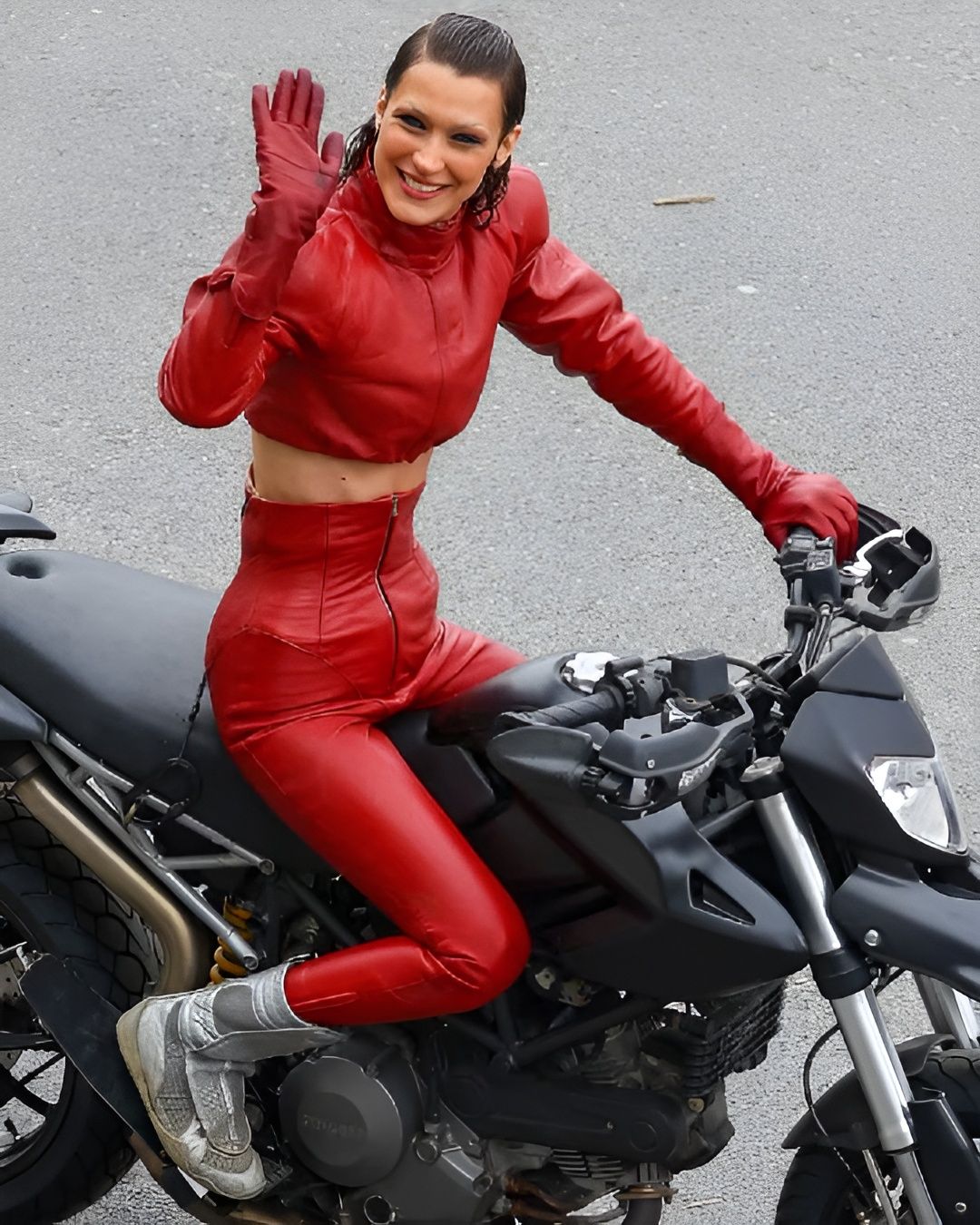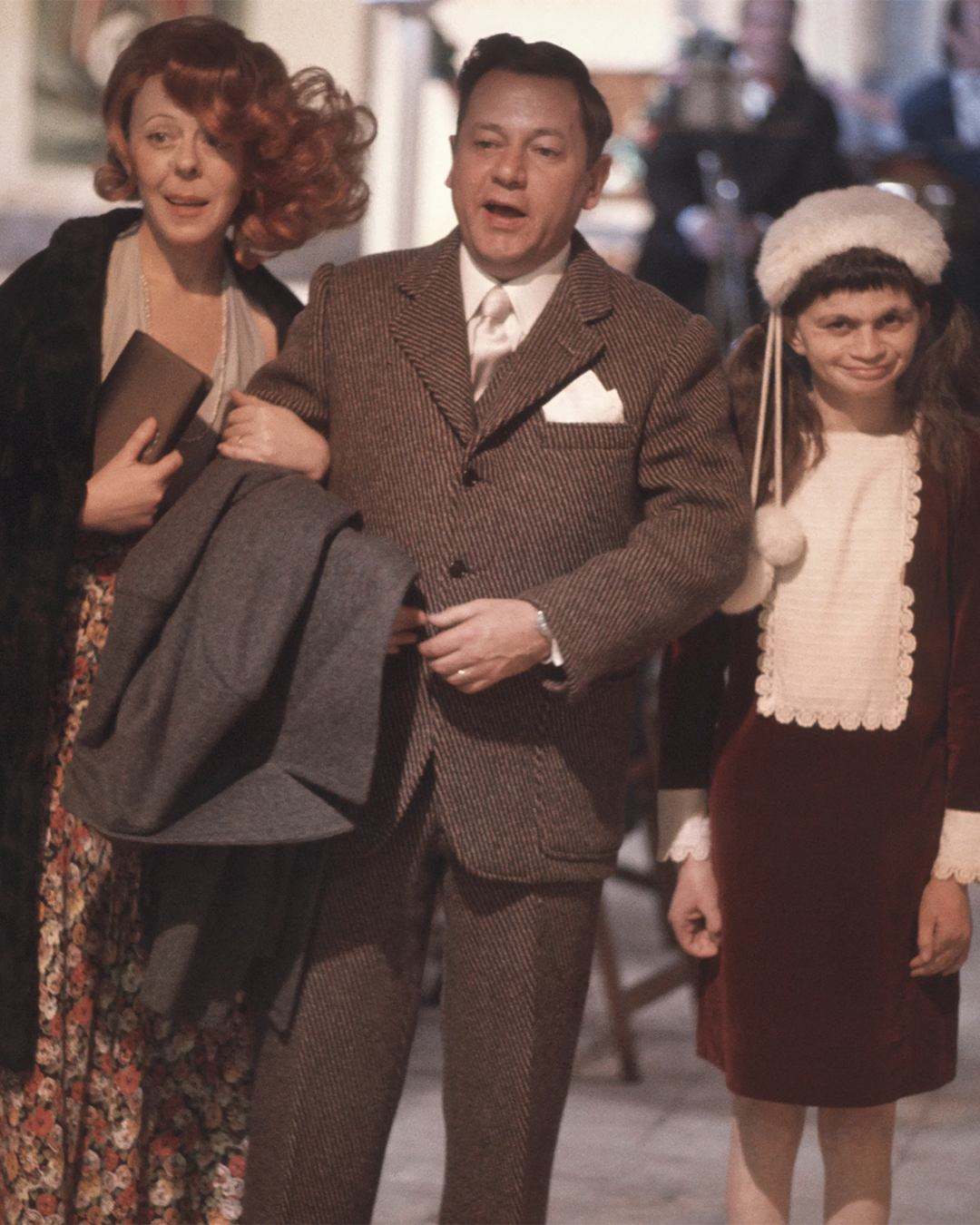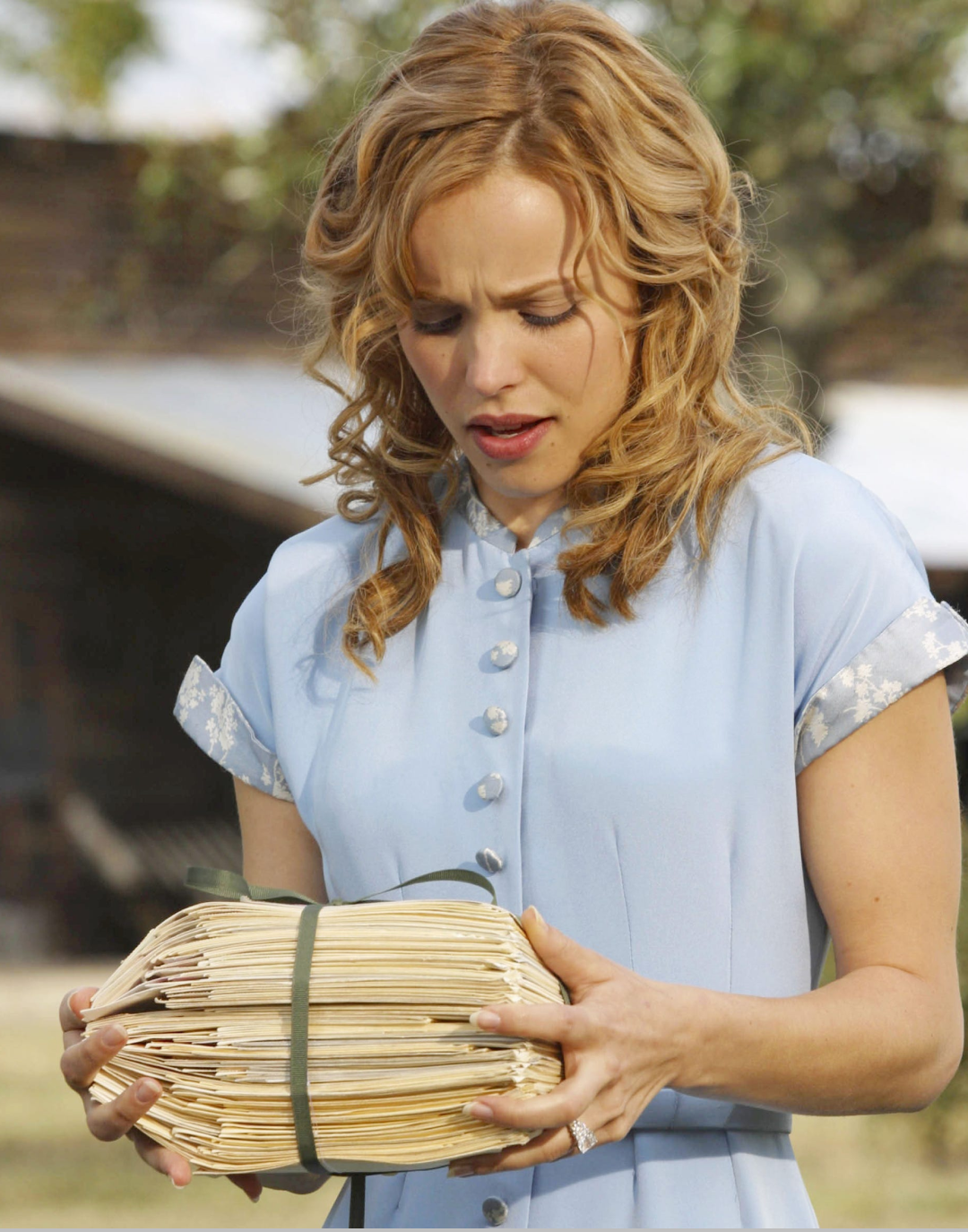
North Korea reopens its doors to tourists after five years Spoiler alert: don't imagine a ‘The White Lotus’-style holiday
North Korea has officially reopened its borders to international tourism for the first time in five years, welcoming a small group of Western visitors from the United Kingdom, Canada, Greece, New Zealand, France, Germany, Austria, Australia, and Italy—the first proper tourists to set foot in the country since January 2020, when the Pyongyang government closed its borders to contain the spread of the pandemic. Previously, the only group of foreign tourists granted entry into the country had been a contingent of Russian citizens who participated in a skiing trip last year—but this was not particularly surprising given the cordial relations between the two governments. However, this time things were different. The tour, organized by the Beijing-based travel agency Koryo Tours, lasted five days and took visitors to the city of Rason, located in North Korea’s special economic zone at the border with China and Russia. According to the agency’s manager, Simon Cockerell, who spoke to AP News, the group of thirteen international tourists crossed the border by land from China and had the opportunity to visit factories, shops, schools, and monuments dedicated to North Korea’s first two dictators (also known as "supreme leaders"), Kim Il-sung and Kim Jong-il. The success of this initial experience has led Koryo Tours to plan additional visits in the near future. But who would seriously want to vacation in North Korea?
North Korea is known for its strict restrictions on foreign visitors, who must always be accompanied by local guides and are prohibited from photographing “sensitive” locations. As previously mentioned, the Pyongyang government decided to completely close its borders to international tourists in 2020, cutting off an important source of revenue for a country under heavy international economic sanctions. Before the pandemic, tourism was one of North Korea’s few legitimate sources of foreign currency, with over 90% of visitors coming from China, according to data from South Korea’s Institute for National Security Strategy. After implementing one of the world's strictest lockdown policies to contain the pandemic—expelling diplomats and drastically restricting border traffic—North Korea gradually began reopening its borders in 2022. The first sign of openness came with the entry of approximately 100 Russian tourists in February 2022, a number that increased to 880 by 2024, according to data from South Korea’s Ministry of Unification. According to experts, the recent reopening to Western tourism signals Pyongyang's intent to revive the sector in order to generate foreign currency, which is crucial for an economy in crisis. The North Korean government’s willingness to invest in tourism is also confirmed by development projects along the country’s eastern coast, as reported by AP News, where a major tourist resort is expected to open in June. The decision has also drawn international attention: U.S. President Donald Trump has commented positively on the project, highlighting the tourism potential of North Korea’s coastline. However, domestic demand for tourism remains low, pushing the government to seek foreign visitors.
The majority of defectors from North Korea's secretive dictatorship are women. One former sergeant shares her story with DW. pic.twitter.com/GNxDoSt361
— DW Asia (@dw_hotspotasia) December 13, 2024
Further confirmation of the return of tourism came with the announcement of the resumption of the Pyongyang International Marathon, scheduled for April 6, 2025. The event, organized in honor of founder Kim Il-sung, had been suspended in 2020 due to the pandemic. The travel agency Koryo Tours has already opened bookings for a special five-night package in Pyongyang, from April 5 to April 10, including marathon participation and guided tours of the North Korean capital, at a cost of €2,195 per person. This tour itinerary also includes stops at a water park, a monumental fountain, a traditional restaurant, and the streets of Hwasong, as well as an agricultural greenhouse in Kangdong, east of Pyongyang. This initiative indicates a relaxation of Pyongyang’s strict stance on lucrative Western tourism, after the country had essentially limited access only to Russians and only in the city of Rason, with numerous prohibitions and warnings, including the ban on speaking with locals, photographing anything outside the pre-approved itinerary, or going anywhere without an authorized guide—who, moreover, should not be asked any “uncomfortable” questions about the government or the country. Even with this reopening, access to many areas of the country remains restricted and freedom of movement is limited. Some tourists who participated in recent tours described the experience as similar to a school trip, with strong control from the guides. One of the most unusual experiences reported by visitors to BBC was a visit to a school, where a group of children performed a dance in front of a backdrop featuring animations of ballistic missiles being launched. Also speaking to the BBC, tourists recounted a tour of a "luxury market" where jeans, perfumes, and even fake Louis Vuitton bags were on sale—even under a military dictatorship, the appetite for fashion remains strong.
@dylan.page The NewsDaddy Empire made it into North Korea!! thank you for your service @Luca Pferdmenges original sound - Dylan Page
A particularly interesting fact, beyond the propaganda and dystopian school performances praising missile launches (nuclear ones?), is that the tour did not attempt to conceal the less pleasant aspects of life in the country. The tour guide told the BBC that many economic activities in Rason had been severely impacted by pandemic-related restrictions, while visitors also noted the poor condition of roads, the outdated state of hotels and infrastructure, and in general, the less-than-ideal living conditions faced by local citizens (who, however, were off-limits for conversation). In general, the return of tourism in North Korea also raises ethical and political questions, as it represents a source of funding for Kim Jong-un's regime, with few benefits for the local population, instead filling the coffers of the country's nuclear and military programs. Although tour operators argue that these visits offer an opportunity to break, at least partially, the country's self-imposed isolation, and even though this reopening could signal a softening of relations between Pyongyang and the rest of the world, the future of tourism will ultimately depend on the willingness of foreign visitors to travel to a country that, with its outdated infrastructure, strict restrictions, and severe penalties for those who violate the rules, combined with pervasive propaganda, does not exactly resemble a dream vacation destination. In short, it seems obvious to say, but North Korea is not The White Lotus.















































